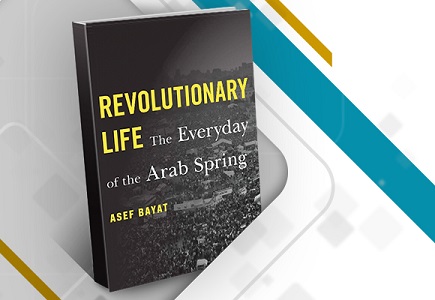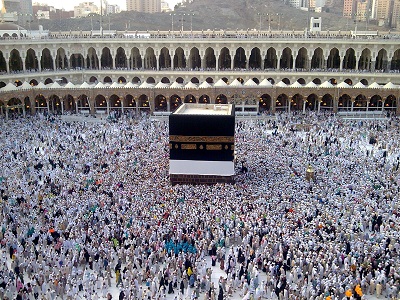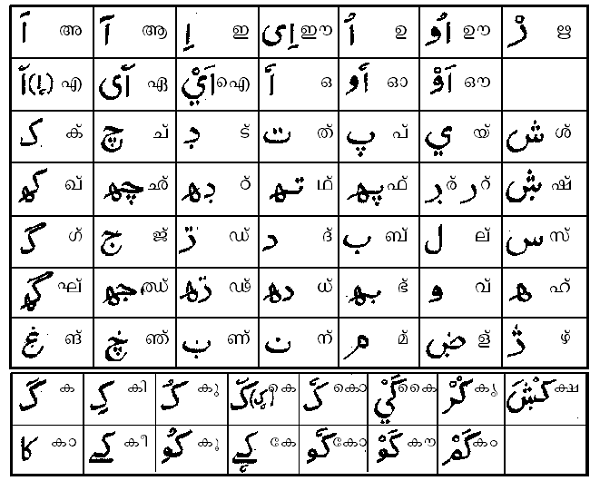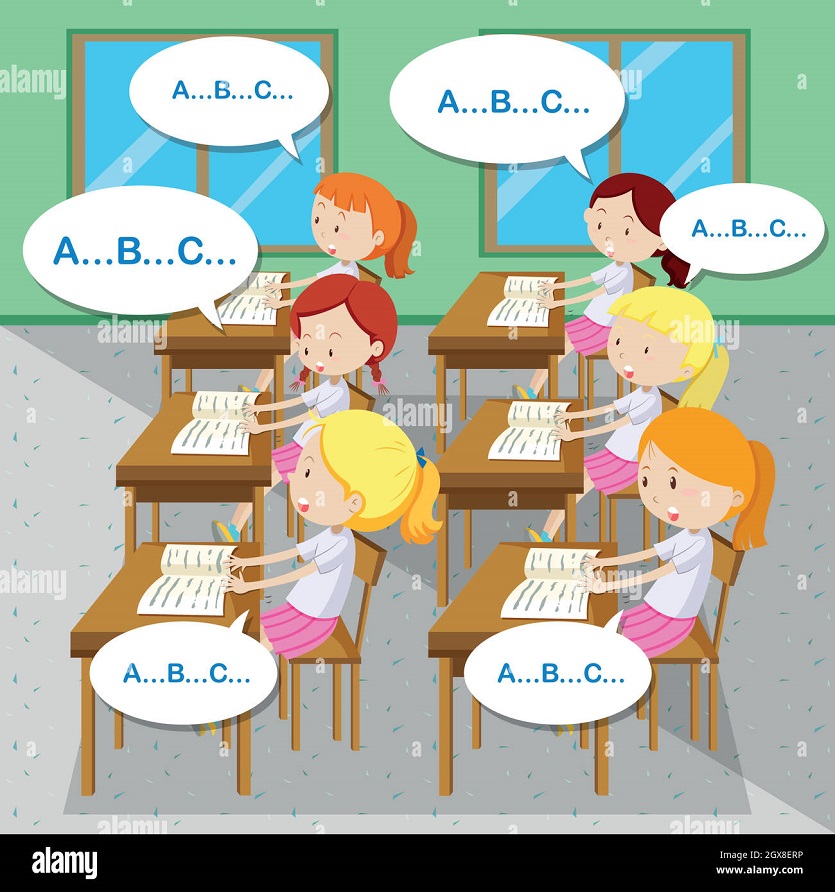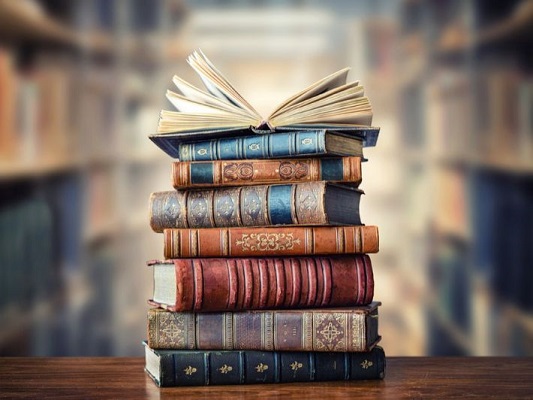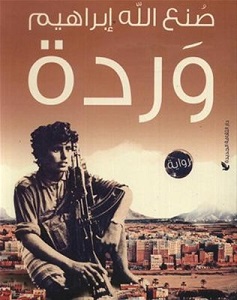
The mixture of fact and fiction is the hallmark and one of the most distinguishing characteristics of Sonallah Ibrahim’s novels and his monumental novel Warda is a masterpiece in fictionally documenting the struggle of Arab female revolutionaries who gave up their luxuries and comforts for a cause.
Warda is one of the most complex literary endeavors of Ibrahim’s fictional journey in structural and geographical terms. It is a story of women resisting and rebelling against the imposed social norms and prevailing political injustice, these female fighters traveling from various corners of the Arab world to join the revolutionary forces fighting for freedom in a place called “Dhofar”.
Background
According to the author’s own description, the novel is an endeavor to shed light on the events that took place in the long span of thirty years in the region, and moreover, it took him almost 5 years to collect significant information and to meet people for this cause. [1]
When it comes to the geographical setup of the novel, it includes a very vast land of the southernmost part of the Arabian Peninsula comprising a big part of Saudi Arabia, and the modern states of Oman and Yemen, but a particular emphasis has been given to the Dhofar region of Oman. Ruled by a despotic and puppet monarch, Sultan Sa’id bin Taimur, Oman was one of the poorest countries of the Arabian Peninsula and was functioning as a British pawn in the region. “The province of Dhofar, which consists of a narrow coastal plain backed by a rugged range of hills known as the Jebel Dhofar that slope down into the Empty Quarter [al-Rub Al-Khali] to the north, had been particularly heavily exploited by the ruler.”[2]
In 1962, with the emergence of the Dhofar Liberation Front which got support from different regional powers, the scattered attempts and various failed efforts turned into a major rebellion that set the stage for a big political shift in Omani politics as the old Sultan gave up his throne for his son Qabus bin Sa’id who not only swiftly modified the tactic of dealing with rebels but also took a few great steps to transform the social, political, and educational condition of Omani people. [3]
Dhofar rebellion, from the very beginning, was an attractive destination for rebels as they were witnessing a great shift in regional and international politics due to the involvement of leftist Arab regimes in the politics of the region, and on other hand, the Chinese and Russian support changed the political balance in the favor of rebels for a time being. In January 1976, the rebellion was finally crushed by the combined interference of the USA, Britain, and their regional allies. [4]
The reasons for the failure of this rebellion are many and that starts with disunity and rift among the members of the revolutionary front and the withdrawal of financial and military support from Russia and China and other factors like “military failures, as well as the collapse of the communist block, and the policy of modernization adopted by Sultan Qbus that pulled back many cadres as well as the use of sensible politics on external and internal fronts” [5]
Warda
It is a story of a revolutionary Omani girl who is studying at the University of Cairo in the late 50s, she is a political activist and is extremely impressed by her left-leaning activist friends and all of a sudden she makes her mind to go to Beirut and from there makes her way to Dhofar so that she can join the revolutionaries as well as she adopts a code name “Warda'' for herself. The journey of the revolutionary endeavor is narrated through a diary of Warda that is acquired by the narrator [named Shukri] throughout the novel. Shukri, the narrator of the novel, plays an important role in gathering information about Warda; he bears all the difficulties and frustrations of meeting a number of people in this regard. Finally, the story ends with the expulsion of Shukri the narrator from Oman without any conclusive climax.[6]
Warda is a free spirit and an independent soul with a power of imagination and who does not want to succumb to the societal order or surrender to political despotism, the initial portions of her diaries account for a transitional stage of her life and represent her feeling and imagination towards the life and her ambition to be a guerrilla fighter. The starting lines of her diary entry reflect her free and rebel character
“I love this city because I feel free here? Till now I am unable to understand how Ya’rub convinced my father to give up the idea of my marriage with my cousin and agreed to enroll us at American University in Beirut and give us each a thousand dollars per year. Maybe it is a voice of conscience. Or perhaps he has taken this decision at a time when he was distracted and almost forgot our existence. I think he is happy with the idea of ridding himself of us for a few years. His new wife is younger to me.’’ [7]
Successive pages of the initial diary entry demonstrate her lifestyle and other political activists in sixties, and it is a portrayal of rebellious left-leaning youngsters and their political and intellectual discussions. The intensity and passion which Sonallah Ibrahim spent in the depiction of leftist culture in the sixties show the extent of influence of Marxism and Socialism on Arab youth in the sixties and seventies as well as it sheds the light on the writer’s political and ideological fondness of Leftist ideology. “I read a summary of The Capital by Karl Marx. He is confident that the capitalist system will end and Socialism will come, Capitalism is just a system of class-based exploitation exercised by Bourgeoisie class” [8]
Warda has been depicted as an intellectual but passionate towards her goal, and several monologues and diary entries suggest her level of interest in society, its issues, and its understanding. She writes every single piece of information which looks significant such as the intellectual life of Beirut and the comparison between two big Arab capitals; Beirut and Cairo on different levels. Her memories are full of references to a number of writers and intellectuals who had influenced the conceit through their thoughts and opinions such as Simone de Beauvoir, Karl Marx, and Jean-Paul Sartre, etc. “despite the fact that Beirut is a hotbed for Western intelligence apparatus, it has active revolutionary presence, almost everybody is affiliated to any organization. What I love here is its attractive coffee shops in Hamra and big gatherings where everything is discussed” [9]
Warda’s political ambitions do not let her ignore the other pressing issues of social and cultural relevance as her diary entries indicate towards a number of issues such as friendship, the relationship between a boy and a girl, and social and psychological conditions of prostitutes. Being a young and bookish girl, she gives special attention towards political activities of colleges and universities as we find in her initial diary entries “American university is a center for an essential cultural activity, there are nationalist teachers in the campus such as Yousuf Sa’igh, Qustuntin Zariq, Hanna Battatur, and Waleed Khalidi. They do not hesitate to denounce American policies before the members of embassies who come to watch movie shows”[10]
After spending five years in Beirut and collecting enough knowledge about the Dhofar freedom movement she “decides to travel to Dhofar region so that she can start an armed struggle” [11]. Life in Dhofar is totally different from what she was accustomed to living back in Beirut, but now she is mentally prepared to bear all the odds that will come her way. Her mental preparedness is checked when she is drawn into the tough living conditions of a revolutionary and other day-to-day problems faced by the organization and colleagues, even there was the scarcity of the most basic food items like salt and water as reflected in the following sentence of Warda. “I found that the water was insufficient so I ordered to save it for drinking only and not to use it for cleaning and bathing until more water is brought from the nearby well. [12]
The most important part of this struggle was that those women who came to join this armed struggle were neither any paid mercenaries nor were they any stupid and emotional minds. They were rather acutely conscious of the wider global context of this struggle as well as they were remarkably well-informed of the contemporary political developments and other traumatic episodes all over the world such as the Vietnam war, political developments in Egypt, Palestine, Iraq, and other important events as we see her talking about the casualties of American troops in Vietnam as we see in the following sentence “American losses in Vietnam are continuous” [13]. She also talks about Saudi-Egypt relations and their impact and relevance for the region as we see in her diary entry “Peace treaty was signed yesterday between Abdul Nasir and king Faisal and it requires to hold a plebiscite in Yemen on the nature of governance” [14]
Conclusion
Warda is one of the most wonderful examples of rewriting the history of the revolutionary experience in Dhofar and the analysis of the circumstances and the implications that led to the failure of the resistance and freedom movement in the region it also depicts the role of Arabic women in this movement through the female hero of this novel who had the attitude and behavior of a revolutionary and no doubt the effort Sonallah has spent and depicting the role of women in resisting and standing against the odds and the evils of the society is an unprecedented and entirely different sketch of women from what we see in the feminist and the ultra-feminist writings in the Arabic literature.
Warda enriches our memories with the expression of an Arab girl that interacts with the movement of political and ideological leaders in the Arab nation and this super soul has an extremely clear perception that people must get freedom from any kind of suppression and countries must get freedom from external occupation as well as from the global imperialist forces, not only this but at the same time with the same spirit of resistance, she firmly believes that women too must be independent and free from the patriarchal hegemony so that they can live their lives and give an answer to the questions which nobody can give except them.
References
1. Ibrahim’s interview with Abdul Fatah in Akhbar al Adab 11 June, quoted by Yousuf Rakha.
2. Starkey, Paul, Sonallah Ibrahim Rebel with a Pen, second edition, Edinburgh, Edinburgh University Press, 2017, p137.
3. Halliday, Fred, Mercenaries: Counter-insurgency in the Gulf, Nottingham, Bertrand Russell Peace Foundation for Spokesman, 1997.
4. Owtram, Francis, Modern History of Oman: Formation of the State since 1920, London, I.B. Tauris, 2004.
5. Ibrahim, Sonallah, Warda, Dar Al Mustaqbil Al Aarabi, Egypt, 2000, p 32.
6. Starkey, Paul, Sonallah Ibrahim Rebel with a Pen, second edition, Edinburgh, Edinburgh University Press, 2017, p 140.
7. Ibrahim, Sonallah, Warda, P 79.
8. Ibrahim, Sonallah, P 88.
9. Ibrahim, Sonallah, P 79.
10. Ibrahim, Sonallah, P 83
11. Ibrahim, Sonallah,, P 105.
12. Ibrahim, Sonallah, P 125.
13. Ibrahim, Sonallah, P 137.
14. Ibrahim, Sonallah, P 138.
Bibliography
Ibrahim, Sonallah, Warda, Dar Al Mustaqbil Al Aarabi, Egypt, 2000
Ibrahim’s interview with Abdul Fatah in Akhbar al Adab 11 June, quoted by Yousuf Rakha.
Halliday, Fred, Mercenaries: Counter-insurgency in the Gulf, Nottingham, Bertrand Russell Peace Foundation for Spokesman, 1997.
Owtram, Francis, Modern History of Oman: Formation of the State since 1920, London, I.B. Tauris, 2004.
Starkey, Paul, Sonallah Ibrahim Rebel with a Pen, second edition, Edinburgh, Edinburgh University Press, 2017.
